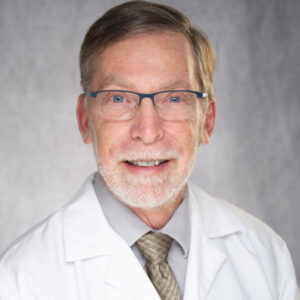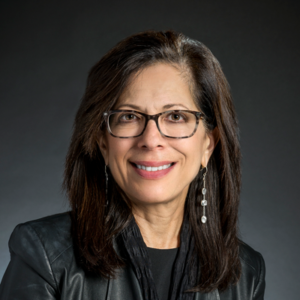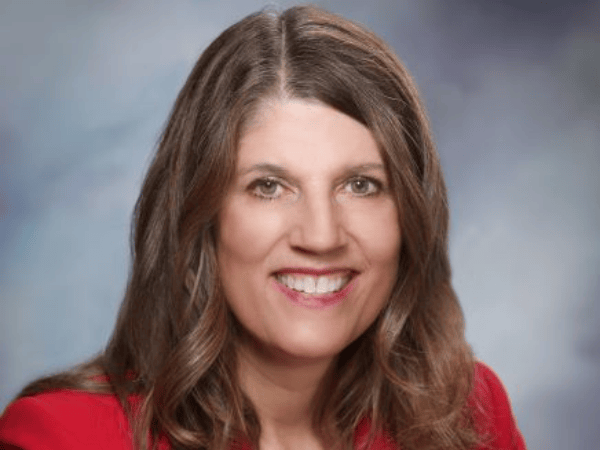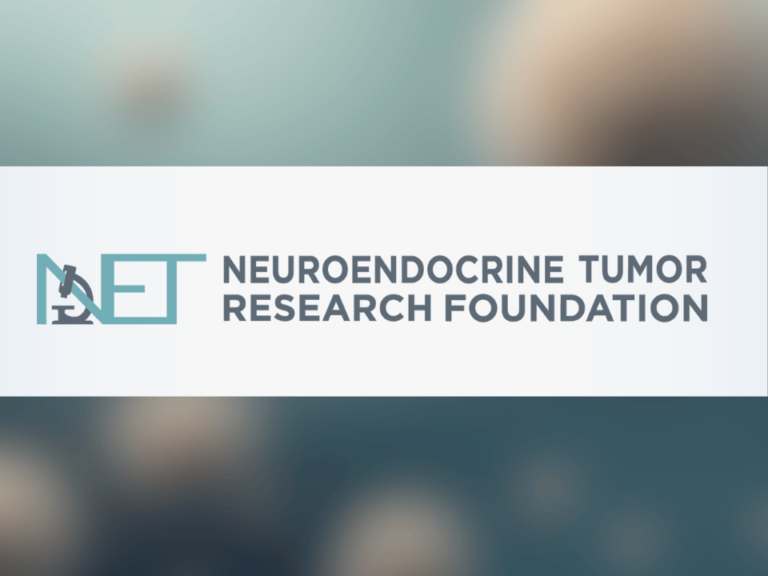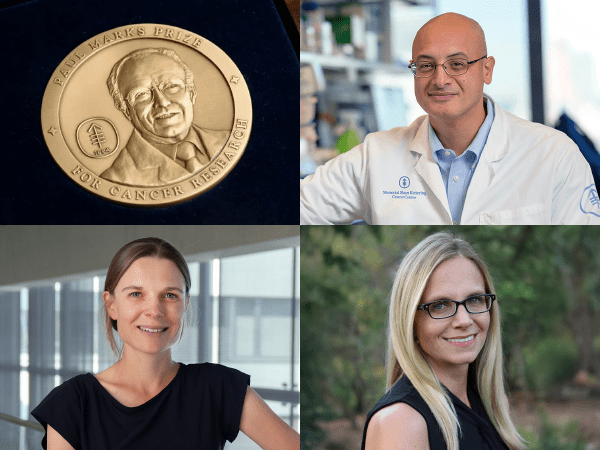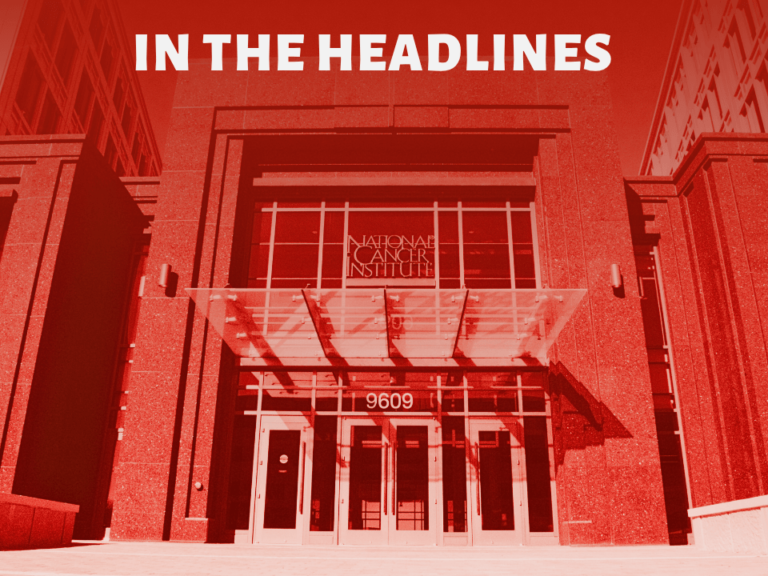We recently had the privilege of contributing to a CBS Sunday Morning story on the ongoing crisis in the federal support for research in general and cancer research in particular.
The news team did a remarkable job linking cancer research and its impact on patients in an accessible way. The patients featured in the story gave powerful testimonies about the importance of cancer research in saving lives.
During this effort, we thought a lot about how scientists trained in the scientific method (such as ourselves) must adjust our approach if we are to be successful communicators with the public during this most uncertain of times.
When talking amongst ourselves, there are certain fundamental concepts that we don’t discuss extensively because we accept them as a “given.” This allows us to focus our efforts on generation and evaluation of new ideas. We do this with a practiced attention to fact-based detail, rigor, nuance and skillful identification of alternative possibilities and approaches.
We need to acknowledge that focusing only on the facts, ingrained in us by our scientific training, is inadequate when trying to influence public perception.
The cancer research community has traditionally addressed major policy challenges using a similar approach, i.e. by focusing on and debating data and details. Topics for such discussions include vital issues, such as the NCI payline, indirect costs, interruptions to funding of highly rated grants, DEI, etc.
We have learned that detailed and often nuanced discussions focused on the facts can backfire when it comes to the perspective of the most important audience—the public. Indeed, our focus on the details and facts allows those who are expert at “doctoring” the public perspective to imply that we are only interested in our own well-being. The fact that we are informed public advocates fighting for the common good gets turned upside down.
What can we do when it comes to policy issues to enhance our ability to address the perspective of the public and make our true intent clear, while remaining true to our core belief in the facts as clinicians and scientists?
We need to acknowledge that focusing only on the facts, ingrained in us by our scientific training, is inadequate when trying to influence public perception.
In addition to basing our comment on facts (which is our comfort zone), we need to consider the following three, interrelated concepts.
Consider the foundational, often unstated, facts
There are basic facts scientists consider so obvious and fundamental that we rarely speak about them. We need to address these facts that are not appreciated by the general public. They include:
- Cancer is incredibly complex. Time is required for research to unravel that complexity and translate it into better outcomes for patients.
- Recent progress we have made in the care of cancer patients is based on research investment in basic research by all sectors of the government over decades. Moving forward, accelerating progress to reduce pain and suffering for future cancer patients will require robust and sustained investment.
- Cancer research does not just benefit one group or one sector. It benefits us all. Supporting cancer research is a gift to coming generations.
Identify key aspects of the public’s perspective
Public surveys indicate that Americans support cancer research in concept but have little understanding of where such research takes place, how it is supported or how recent governmental decisions will impact the future of cancer research. Examples of important information that is not well understood include:
- Support for cancer research from the government, private sector, philanthropic sources and medical centers is synergistic, not overlapping. We need all hands-on-deck. Governmental support is vital for basic research, cancer prevention, research in rare cancers, childhood cancers and identification of less expensive yet effective cancer therapies where the profit margin is limited. In addition, successful drug delivery requires investment in the FDA which has also lost significant expertise due to the severe cuts in well-trained scientists, physicians, and staff. Support for the CDC is required to assure research advances reach the public.
- Training in cancer research is central to future progress. Today’s students and trainees will make the impactful discoveries of the future. Trainees need sustained and predictable support if they are to dedicate themselves to a career in cancer research.
- Teams take a long time to build. Even a brief disruption will slow progress.
Specify how our recommended approach will impact on lives
The public will not be moved by discussions of administrative changes in the organization of the National Cancer Institute, NIH, FDA, and CDC, or the excitement that comes from a new scientific discovery, protecting the financial bottom line of academic cancer centers or supporting the careers of brilliant scientists.
What can we do when it comes to policy issues to enhance our ability to address the perspective of the public and make our true intent clear, while remaining true to our core belief in the facts as clinicians and scientists?
What is needed is a simple and clear statement of how public investment in cancer research impacts the lives of our fellow citizens and their families and neighbors. This point can be emphasized by stating:
- Accelerating progress through greater investment will result in more effective, less toxic approaches to reducing the burden of cancer for future cancer patients, including our children and grandchildren.
- It’s fine for us to state our expert opinion, but it is all about the patient.
The CBS team did a superb job intertwining many of these points with incredibly moving patient stories as told by amazingly brave patients. Let’s do our part by helping this report, and other similar pieces, go viral by sharing with neighbors, thought leaders and governmental leaders. Perhaps most importantly, please share with your patient advisory councils and other patient advocate groups so they can do so as well.


